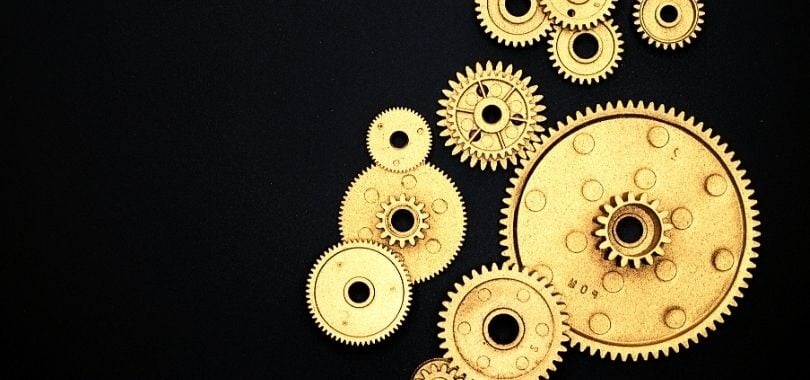What Are Credit Bureaus?
Credit bureaus are private organizations that function as credit databases. They collect credit information about individuals from various sources. This information is provided to creditors for a fee to help them make lending decisions. Credit bureaus are also known as credit reporting agencies.
How Credit Bureaus Work
Credit bureaus collect your credit information from a number of sources. Information sources include creditors, debtors, vendors, debt collection agencies, and public records such as court records. This data is used to compile your credit report and also to calculate your credit score.
Before approving you for a line of credit or a loan, lenders first want to assess what type of borrower you are. Are you a low-risk borrower who will repay the money on time without any problems? Or are you a high-risk borrower who is likely to default on your payments? Your credit report has the information lenders need to help them figure this out. It tells them if you’ve borrowed money before and whether or not you repaid the loan on time. Your payment history, amounts owed, and all other credit information is in the credit report.
Lenders can pull a soft credit report for free. This only gives them your basic credit details. However, they have to pay for a hard credit pull, which allows them to check your detailed credit report. Credit bureaus also provide this information to you for free. You get one free copy a year. You should request your free copy every year and go through it to make sure there are no inaccurate entries pulling your score down.
Who Are the Credit Bureaus?
There are several credit bureaus operating in the US. The three major bureaus are Experian, Equifax, and TransUnion. Each of these bureaus uses a different credit scoring model, which means you could have 3 different credit scores. However, this doesn’t mean that credit agencies can do whatever they want. They are highly regulated under the Fair Credit Reporting Act (FCRA). All bureaus must comply with the FCRA’s guidelines in terms of how they collect, disclose and disburse information related to consumers.
What Credit Bureaus Don’t Do
Credit bureaus do not make lending decisions. They only collect data and compile credit reports based on the data they’ve collected. Lenders use the information to make lending decisions. The credit bureaus themselves don’t play any role in deciding whether or not you should have credit extended to you. Third-party lending institutions decide whether to deny or approve you based on their own lending criteria.
What Do Credit Bureaus Collect?
Credit bureaus collect and record these details:
Personal information
This includes name, date of birth, Social Security number, and employment history. This information is only for the purpose of identifying you and distinguishing you from other borrowers.
Credit information
This is a detailed record of every loan and line of credit you hold. It includes details about the type of account, date opened, payment history, loan balance, account status, maximum balance, and date of last activity. It also includes details about minimum payment due, amount past due, last payment amount, and your liability on the account.
Inquiries
Whenever somebody performs a hard credit pull, the bureau makes a note of it and records it on your credit report. This stays on your report for about two years.
Public records
With effect from Spring 2020, bankruptcies are the only public record information they collect.
Credit bureaus do not collect information regarding your income or bounced checks. Neither do they collect information related to gender, race, or ethnicity.
We hoped you enjoyed this article! Remember, you can and potentially lower your monthly student loan payments and save money.





